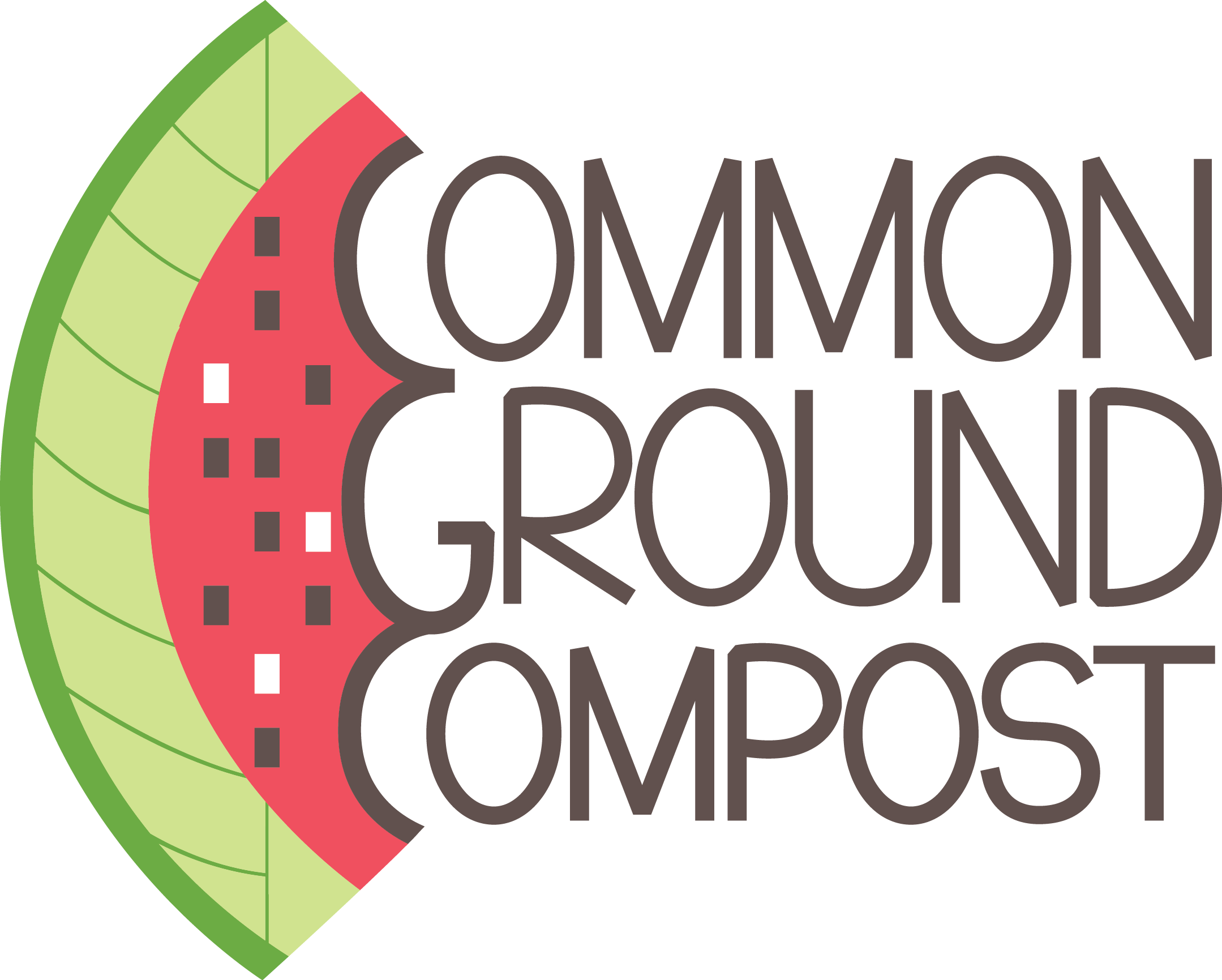NYC Must Center Harm Reduction in Citywide Compost Programming
Originally published 2021/06/15
By Jesi Taylor
On Earth Day 2021, Mayor Bill de Blasio announced that New York City will resume its Curbside Composting Program after an unfortunate hiatus. “Today is Earth Day, but New York City’s commitment to sustainability is year-round,” said Mayor Bill de Blasio. “No other municipality ran a compost program like ours, and this new citywide program will advance the cause of environmental justice in all five boroughs.” Still, due to existing structural inequities in this city that disproportionately impact environmental justice communities, it is imperative that all New Yorkers are granted equitable access not only to participate in the Curbside Composting program but also to the information about organic waste management in NYC. If NYC intends to be a global leader in sustainability management, development, and programming, accessibility, equity, and harm reduction must be a primary focus.
According to the New York State Department of Environmental Conservation (DEC) if 100% of food scraps alone were diverted from landfills, not only would the amount of harmful emissions be reduced by more than 120,000 metric tons — but, food banks would also see an increase of approximately 20% if even 5% of the food from organic waste streams was donated instead of trashed. For these reasons, it is necessary for transparency and accountability to also factor into planning and implementation of organic waste management programming in NYC. In some cases, the materials being picked up outside of homes and businesses aren’t trash. They are not waste materials. They are not garbage. They may be perfectly healthy, safe, high quality food items that should be eaten instead of thrown away. The city has an opportunity to merge sustainability, Zero Waste, and food justice as officials move forward with compost programming plans.
Research on the negative health effects of living near landfills and incinerators, how systemic inequity impacts participation in sustainability efforts, and disproportionate rates of pollution and toxicity in chronically disenfranchised communities should behoove NYC officials to center the needs of marginalized communities ahead of all other considerations. Especially since these communities have historically had to fight for the resources they need to survive and mitigate the effects of climate injustice. Most of the communities suffering the harms of climate injustice are also communities dealing with food apartheid.
Consequently, communities that are disproportionately impacted by the negative effects of climate injustice and waste inequity must be centered as programming returns and evolves. If handled with care, and with frontline communities centered, the future of NYC composting can address multiple crises while reducing emissions and equitably managing organic waste and other nutrient-rich materials that can be composted and used to nourish city soils. Soils that can help grow healthy food to feed communities. All New Yorkers should have equitable access to composting services. All New Yorkers should be able to reap the benefits of organic nutrient cycling in their communities. Even those who don’t demand it.
When the Curbside Composting service resumes it will be opt-in. Residents will have to request services. Services will be offered according to demand. Residents will be required to fill out an online form or call 311 to opt-in to request the service and receive a bin. Therefore the city must ensure that all New Yorkers are informed, kept up-to-date, and provided the tools they need to participate and fully understand the importance of the program. Especially if they live in a community that is disproportionately impacted by climate injustice and waste inequity. If you want to know when you can sign up for curbside composting, click here and share your name, email address, and zip code with the DSNY in the form at the bottom of this page to be notified!
Together, New Yorkers can help our city reach and exceed climate goals. People in positions of power in our city, like elected officials and policy makers, must ensure that budgets reflect ethical values. The needs of the most neglected communities must be front, center, and met. As compost programming and projects resume, climate and environmental justice should be a top priority and chronically disenfranchised New Yorkers shouldn’t have to ask for access to vital services and resources. When determining demand and need, city officials must take this into account and respond accordingly. Inequitable, inaccessible climate justice plans must be trashed.
